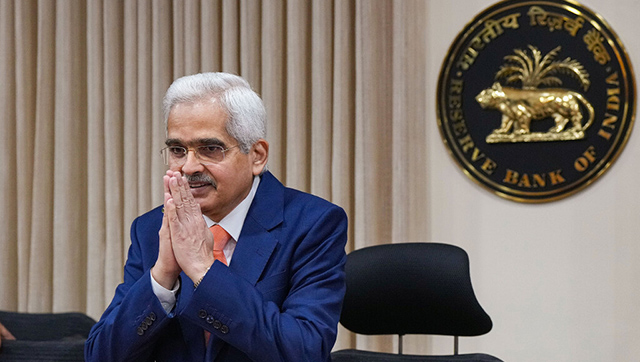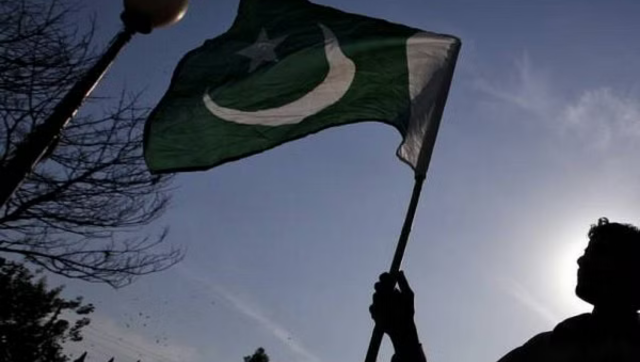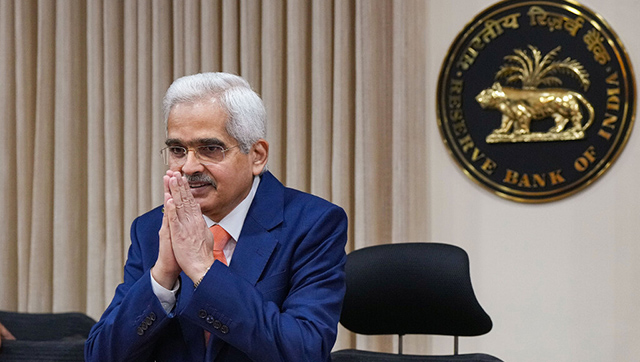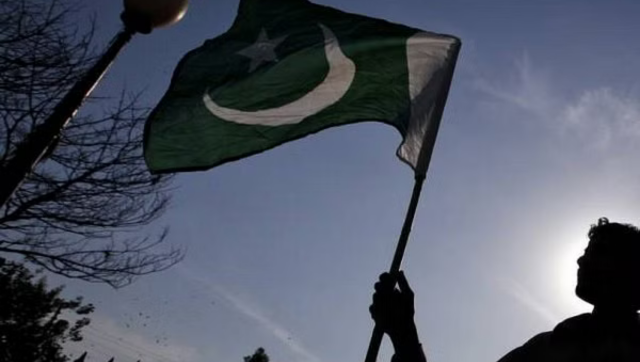The positive fallout of the turmoil in financial markets is that prices of key commodities (like crude oil) that cause inflation could also fall. Finance Minister Pranab Mukherjee has asserted that his government would be able to control inflation better in such a situation.
The nation, though, is not too pleased with UPA’s performance in controlling price rise.
CNN-IBN’s State of the Nation survey conducted by the Centre for the Study of Developing Societies (CSDS) carried out at 1,300 locations in 19 states reveals that 50 percent of the respondents believe there has been deterioration in the control of price rise. This opinion is shared by all classes. Among the poor, it is very clear that more people are upset about the price rise. (See Table 1)
A large proportion of respondents feel that the government has not done enough to control rising prices. This feeling is shared by voters of various political parties, including a large section of Congress voters. (See table 2)
As many as 60 percent of the respondents believe that the government has not done enough to control prices. (See table 3)
For every person who blames the state government for the price rise, there are two who blame the central government. This negative view of the central government is uniform across all states and highest in Bihar.
The UPA government could be interested in knowing that 55 percentin Uttar Pradesh hold the central government responsible for price rise and only 23 percentblame the state government. This is not good news for the Congress Party as the largest state in the country goes to polls early 2012.
It is also no good news for the opposition Bharatiya Janata Party. In Karnataka, the highest number of respondents are blaming the state government. (See Table 4). The Central government is held more responsible in this state as well.
Going forward, things may not be as easy as the government would like to believe.
India imports about 75 percent of its crude oil requirements. Prices of crude oil on the New York Mercantile Exchange tumbled 14 percent over the past month over worries of faltering demand from a stalled US economy - the world’s largest oil consumer - and a debt crisis-struck Europe.
According to Prashant Jain, chief investment officer and executive director at HDFC Mutual Fund, every $ 20 drop in oil prices saves India $ 18bn per annum which is equivalent to almost 1 percentof the gross domestic product or GDP.
However, prices briefly dipped to $77 a barrel for the first time in 10 months before edging up to $82 a barrel on Wednesday. In the past six months, prices have averaged $91 a barrel. If that is the case, the drop could save money for a country like India that is a net importer of oil but not enough.
Oil prices have been a big driver of the stubbornly high inflation that has plagued the economy for the past one year. The Reserve Bank of India has tried - so far, in vain - to tame rising prices by hiking interest rates 11 times in the same period. Yet, headline inflation stayed sticky at 9.44 percent in June.
Table 1: Thumbs Down Among All Classes
Table 2: UPA II**: Insincere on the Price Front**
Table 3: Price Rise Unchecked Under UPA
Table 4:Price Rise: Who’s To Blame


)




)
)
)
)
)
)
)
)